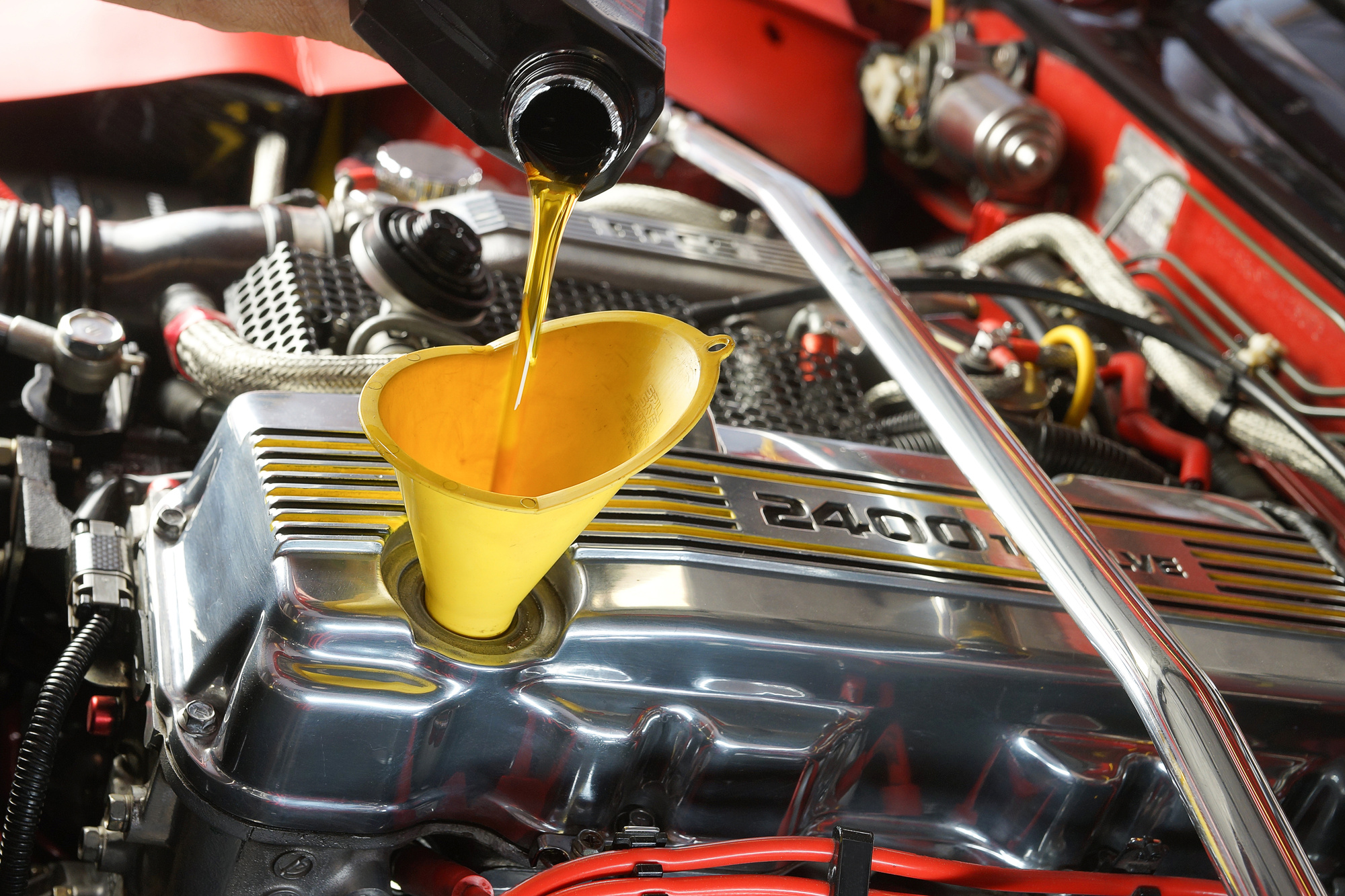What Oil Does My Car Use?
Are you tired of guessing which oil is best for your car? Wondering if you’re using the right one and how to choose the best oil for your vehicle? Read on to learn everything you need to know about what oil your car needs.
Finding the Right Oil for Your Car
The best way to find the right oil for your car is to consult your owner’s manual. It will specify the type of oil your car needs, including the viscosity and API (American Petroleum Institute) rating. The viscosity is a measure of the oil’s thickness, and the API rating indicates the level of additives in the oil.
Viscosity and API Rating
The viscosity of oil is measured in SAE (Society of Automotive Engineers) grades. The most common grades are 5W-30 and 10W-40. The lower the first number, the thinner the oil is at low temperatures. The higher the second number, the thicker the oil is at high temperatures.
The API rating is a measure of the oil’s ability to protect your engine from wear and tear. The higher the API rating, the better the oil’s protection.

Synthetic vs. Conventional Oil
There are two main types of oil: synthetic and conventional. Synthetic oil is made from a variety of chemicals, while conventional oil is made from refined crude oil. Synthetic oil is more expensive than conventional oil, but it offers a number of advantages, including better protection from wear and tear, better fuel economy, and longer oil change intervals.

Changing Your Oil
You should change your oil regularly to keep your engine running smoothly. The frequency with which you need to change your oil depends on your driving habits and the type of oil you’re using. If you drive in a lot of stop-and-go traffic or in extreme temperatures, you may need to change your oil more often.
Checking Your Oil Level
You should check your oil level regularly, especially before going on long trips. To check your oil level, pull out the dipstick, wipe it clean, reinsert it, and then pull it out again. The oil level should be between the “full” and “add” marks on the dipstick.

The Different Types of Oils
There are many different types of oils available on the market, each with its own set of advantages and disadvantages. Some of the most common types of oils include:
The Importance of Using the Right Oil
Using the right oil is important for maintaining the health of your engine. The wrong oil can damage your engine, and it can even void your warranty. If you’re not sure what type of oil your car needs, consult your owner’s manual or ask a qualified mechanic.
Conclusion of What Oil Does My Car Use
By following these tips, you can keep your car running smoothly and protect your engine from wear and tear.

